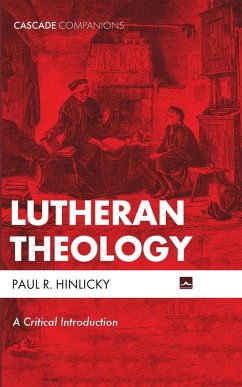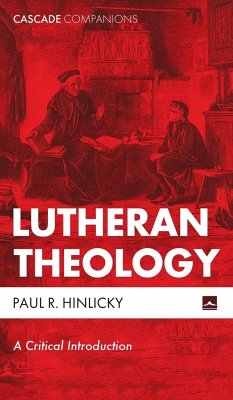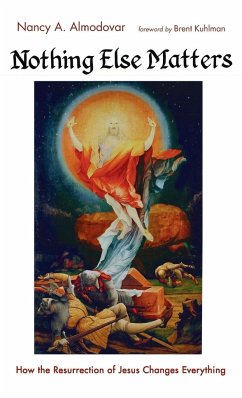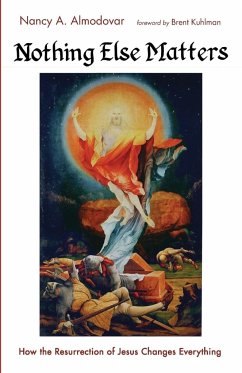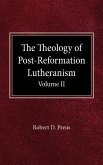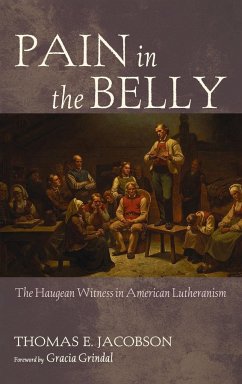In this book Lutheran theologian Paul Hinlicky makes the deeply conflicted origins of Lutheran theology fruitful for the future. Exploring this intellectual and spiritual tradition of thought through its major historical chapters, Hinlicky rejects essentialist projects, exposing the debilitating binaries such programs engender and perpetuate, to establish an authentic Luther-theology or Lutheran theology. Hinlicky excavates the ways that throughout a five-hundred-year tradition the legacy of Luther texts has been appropriated, retooled, subverted, or developed. Readers of this introduction will thus be critically equipped to make intellectually honest appropriations of the Luther legacy in the plurality of contemporary contexts in which this iteration of Christian theology will continue.
Bitte wählen Sie Ihr Anliegen aus.
Rechnungen
Retourenschein anfordern
Bestellstatus
Storno

